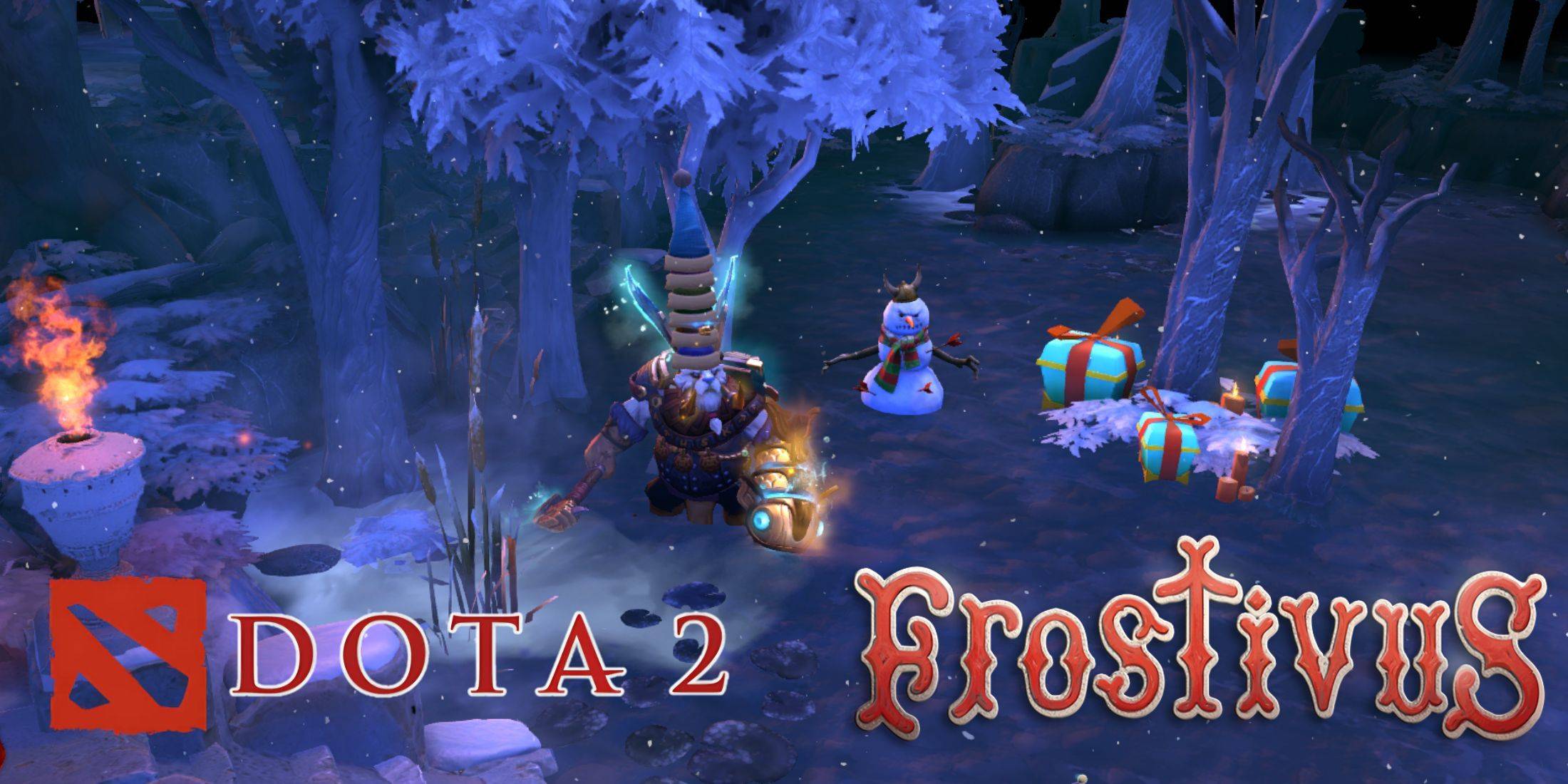
Monopoly GO's Microtransactions: A $25,000 Cautionary Tale
A recent incident highlights the potential financial pitfalls of in-app purchases, with a 17-year-old reportedly spending a staggering $25,000 on the mobile game Monopoly GO. This case underscores the controversial nature of microtransactions and the difficulties users often face obtaining refunds for unintentional spending.
The free-to-play Monopoly GO relies heavily on microtransactions to unlock rewards and accelerate gameplay. While some users spend modestly, others, like this teenager, find themselves making significant, unplanned expenditures. The situation mirrors similar experiences reported by other players, including one who admitted to spending $1,000 before deleting the app.
A Reddit post (since removed) detailed the $25,000 spent across 368 in-app purchases made by the teenager. Unfortunately, the game's terms of service likely hold the user responsible, a common practice in the freemium gaming model. This mirrors the revenue model of games like Pokemon TCG Pocket, which generated $208 million in its first month through microtransactions.
The Controversy Surrounding In-Game Spending
This isn't the first time in-game microtransactions have sparked outrage. Past lawsuits against companies like Take-Two Interactive over NBA 2K's microtransaction system demonstrate the widespread concern. While this Monopoly GO case may not reach the courts, it contributes to the growing body of evidence highlighting the potential for significant financial harm.
The profitability of microtransactions is undeniable, as evidenced by Diablo 4's $150 million in microtransaction revenue. The model's success stems from its ability to encourage smaller, repeated purchases rather than a single, larger one. However, this same characteristic also contributes to the criticism, as it can lead to deceptive spending patterns and significant overspending.
The Reddit user's likely inability to recoup their funds serves as a stark warning. The incident serves as a cautionary tale about the ease with which significant sums can be spent on games employing microtransaction models, urging users to exercise caution and parental controls where necessary.
 Home
Home  Navigation
Navigation






 Latest Articles
Latest Articles










 Latest Games
Latest Games












